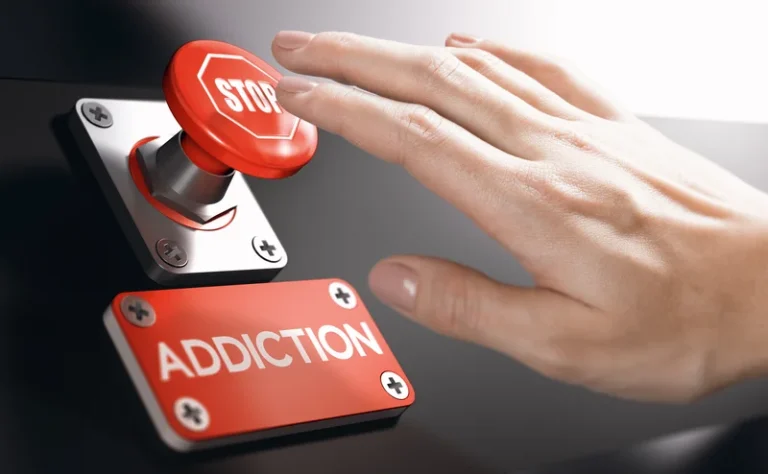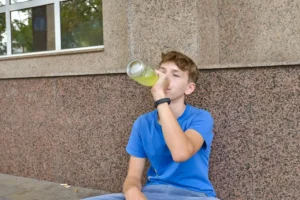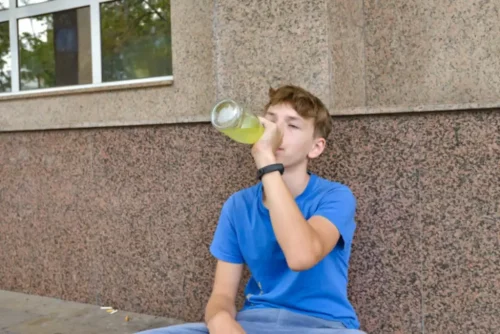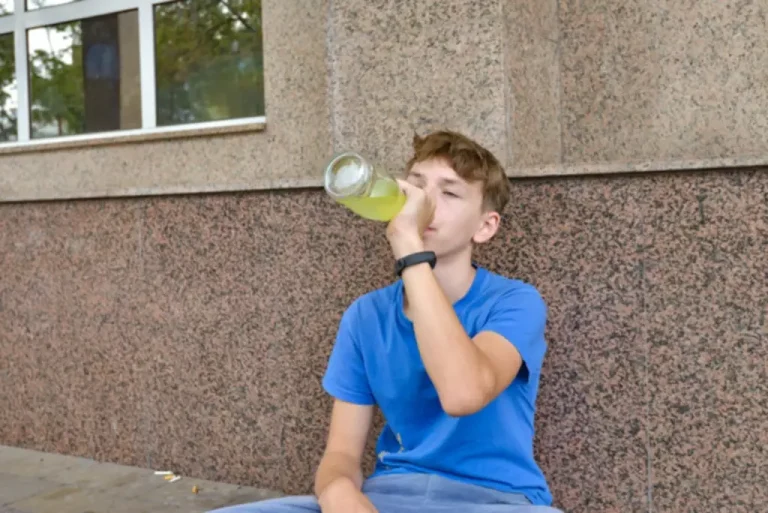
It’s about finding a balance between supporting the recovering parent and protecting the emotional well-being of other family members. However, it’s important to remember that recovery is possible, and there are numerous treatment options available to suit different needs and circumstances. Behavioral addictions, such as gambling or internet addiction, can be just as devastating. A parent glued to their phone or disappearing for hours to gamble away the family’s savings can cause just as much emotional damage as one struggling with drug abuse.

The Bottom Line for Parents Seeking Custody

In the medium-to-long-term the family may need intensive support and therapy focussing on recognising and changing unhelpful, repetitive patterns of behaviour. The NSPCC Helpline can help when you’re not sure if a situation needs a safeguarding response. Our child protection specialists are here to support you whether you’re seeking advice, sharing concerns about a child, or looking for reassurance. Services will risk assess the situation and take action to protect the child as appropriate either through statutory involvement or other support.
- It’s unusual for a Family Court Judge to want to keep children from their parents.
- Sustainable recovery is possible and the best version of youself awaits at our Atlanta and Savannah, Georgia addiction recovery center.
- As a worldwide organization, Al-Anon is one the most easily recognized names of support groups for family and friends of addicts to find support and a place to express their concerns.
Helping Children of Parents Struggling With Addiction
Regardless of the technical term, admitting your history of alcohol abuse and committing to recovery can affect how a Judge determines your fitness to regain child custody or unsupervised parenting time. Addiction can be used to describe a condition of dependence upon and/or craving for an addictive substance. In general terms, addiction is defined as a psychological compulsion to consume a habit-forming substance. A person with an addiction is someone who depends upon or irresistibly craves illicit drugs, prescription drugs, or alcohol. Although alcoholism is one of the leading addictions in the US, less than 10% of people diagnosed with Alcohol Use Disorder (AUD) in the US have received any treatment. We know that individuals who grow up in a family where there is an SUD are at significantly higher risk to develop SUDs due to genetic and environmental factors (Hawkins, Catalano, & Miller, 1992).
- Loving someone battling alcoholism and addiction presents significant challenges.
- This could involve alcohol, drugs, gambling, or even excessive internet use – anything that takes precedence over family responsibilities and well-being.
- Failure to comply with the testing regimen or failing those tests could result in the denial of your custody.
- Our approach centers on treating people with the same kindness and respect that we value for ourselves.
- Children are more likely to experience depression and anxiety due to family instability and are significantly more likely to develop behavior problems like rule-breaking, defiance, aggression, and impulsivity.
Find a safe place
To avoid triggering outbursts or worsening family tension, many children of alcoholics become chronic people pleasers. While this behavior can reduce immediate anxiety, it often leads to long-term issues with boundary-setting, resentment, and emotional exhaustion. Children often find themselves thrust into roles they’re not equipped to handle.

It’s a silent epidemic that lurks behind closed doors, affecting families from all walks of life, regardless of socioeconomic status, education, or cultural background. Establishing open communication with children about a parent’s addiction is vital for their emotional well-being. Children are often perceptive and may sense when something is wrong in their family. It’s essential for adults to create a safe space for support for alcoholics children to express their feelings without fear of judgment. In homes impacted by addiction, children frequently take on adult-like responsibilities.

How to Develop a Positive Mindset During Treatment

If you need residential treatment at the outset of your recovery, you can complete that program and then move to PHP as a bridge to independent living. Many single parents opt for PHP because of its balance of Oxford House cost-effectiveness and structure. The most comprehensive and intensive treatment solution for addiction is residential treatment. This option affords 24/7 medical care and support in a sober environment, allowing you to focus all your attention toward recovery.
How Exercise Can Help Reduce Depression and Anxiety
If the adult is short-tempered, aggressive or https://ecosoberhouse.com/ even violent, this can influence how their children handle situations outside of the home. This may lead to shouting or lashing out inappropriately as they get older, affecting their relationships as adults. Allies in RecoveryFree online learning platform for families whose loved one struggles with drugs or alcohol.




